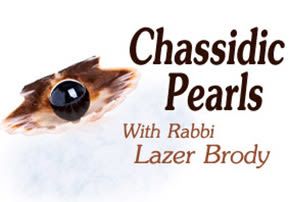
Nitzavim: Doing Business with Hashem
…teshuva qualifies as the "end of the season sale;" now, teshuva is a bargain. For a small investment one gets great rewards. But don't tarry...

And you will return unto Hashem (Devarim 30:2).
When we contemplate the rewards that the Torah promises for the mitzvah of "teshuva", not only in the world to come but in this world as well, it's astonishing that we're not putting all our efforts into teshuva.
Many people think that the mitzvah of teshuva, literally "returning to Hashem", is for the secular alone; nothing could be further from the truth. Our Torah requires us to "return unto Hashem", that is, until we fully reach Hashem, we haven't yet completed the mitzvah.
Hashem's phenomenal rewards for those who return to Him include mercy, ingathering of the exiles, the Land of Israel, protection from enemies, and all sorts of abundance (Ibid, 3 – 9). With Hashem's loving grace, the following parable actualizes the benefits of listening to Hashem and fulfilling His commandment of teshuva; in other words, it's a good idea to do business with Hashem…
A simple villager from Stanislavchik made a journey to the provincial fairgrounds in Berditchev to attend the annual Farmer's Fair. With the limited funds at his disposal, he meandered from booth to booth and from exhibit to exhibit, looking for some affordable means to help him make a living back home in the village.
First, he inquired about the price of dairy cattle, but a good milking cow was far more expensive that what he could afford. Then, he asked about the price of a riding horse, thinking that if he had a good swift horse, he could make money working for the post and carrying mail. But, the salty horse traders took one look at the villager clad in the patched coarse wool garments of the Ukrainian outback and sent him packing. "You can't buy a stallion with a billy-goat budget," they ridiculed. The villager couldn't understand the impolite and abrasive traders, especially since he didn't do anything to insult them.
Nobody seemed to be nice in the big city; even though the villagers didn't have much, they were still generous, polite, and friendly. Just as the villager was losing heart that none of the merchants and traders at the Fair would even give him the time of day, a noble-looking gentleman smiled at him and said, "Dobrei utra," a warm good-morning greeting with a cordial smile.
With complete patience, the noble-looking gentleman – a livestock and farm-tools dealer – showed the villager an assortment of tools and livestock, trying to tailor a good buy to the villager's limited budget. "I've got the perfect idea for you," said the dealer, pointing to a small-proportioned donkey. "This critter looks small, but he's young and healthy. Hook him up to a small plow, and you'll be able to treble your vegetable growing. Then, you can harness the donkey to a wagon, and you'll be able to transport your vegetables to the markets in neighboring towns."
The villager's lowered his eyes in disappointment. "I don't own a plow; I hoe my entire vegetable patch by hand. I don't have a wagon either, so what good is the donkey?"
"No problem," said the dealer. I'm going to prove to you that I – Alexei Constantine Rachmanov – am the one and only reliable dealer in the whole Fairgrounds. Look, you have the money for a donkey, eighty rubles. For that price, I will add a small steel plow. That way, you'll be able to grow more vegetables. Once you have more vegetables, you'll have to market them in neighboring towns. So, for the price of the donkey, I'll give you a wagon, too. The wagon is worthless without a yoke and harness, so I'll include them in the deal as well. Since you'll no longer be a simple village gardener, but a thriving vegetable farmer, you'll have to look respectable when you go into town, so I'll add a new suit to the deal. If you'll be wearing a new suit, then your wife will need a new dress too, so I'll include that as well…"
Who in their right mind could refuse the deal that Rachmanov the benevolent dealer offered the villager? In essence, Hashem is giving us even a better deal with the mitzvah of teshuva. In the section of Sefer HaMidot that discusses "teshuva", Rebbe Nachman of Breslev lists the benefits that accompany the mitzvah of teshuva, including:
· Forgiveness for all one's misdeeds
· Enhanced health of body and soul
· A hastening of the "Geula", or full redemption of our people
· Enhanced longevity
· An easier livelihood
· Rescinding of unfavorable edicts
Nitzavim and our passage at hand are always read during the end of Elul before Rosh Hashanah. Since the mitzvah of teshuva with all its benefits appear toward the end of the Torah that we read at the end of the year, then teshuva qualifies as the "end of the season sale"; now, teshuva is a bargain. For a small investment, one gets great rewards. But don't tarry, because once the New Year Day of Judgment arrives, the price of teshuva goes way up. Now's the time to invest in teshuva; with teshuva, we'll all merit our personal and national redemption, speedily and in our days, amen.


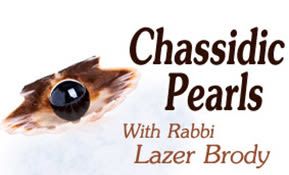
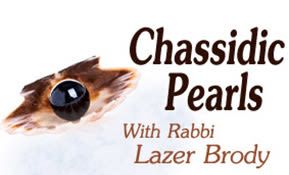
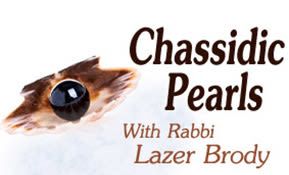
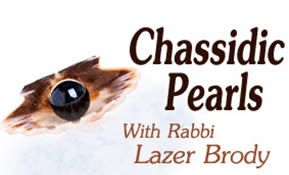
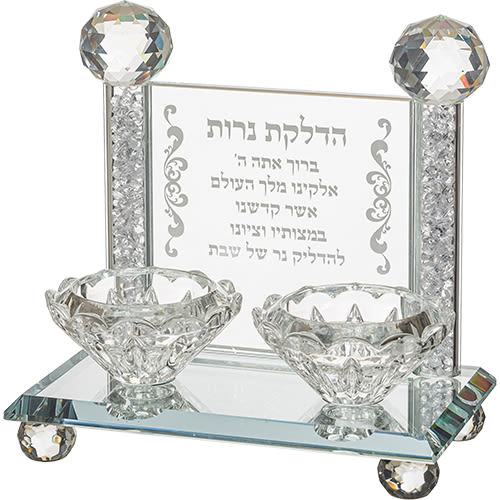
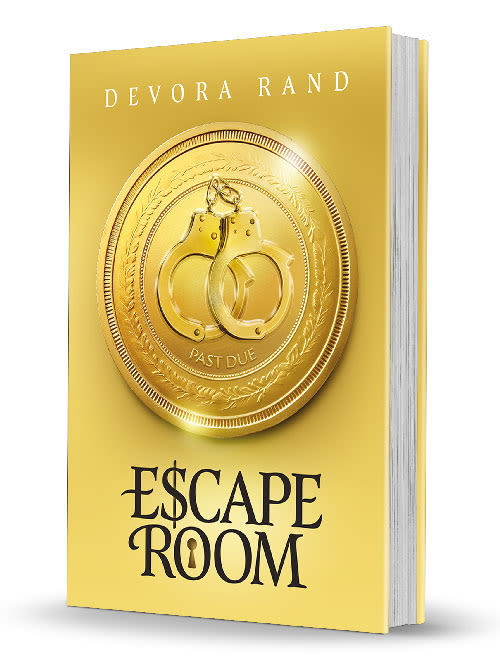
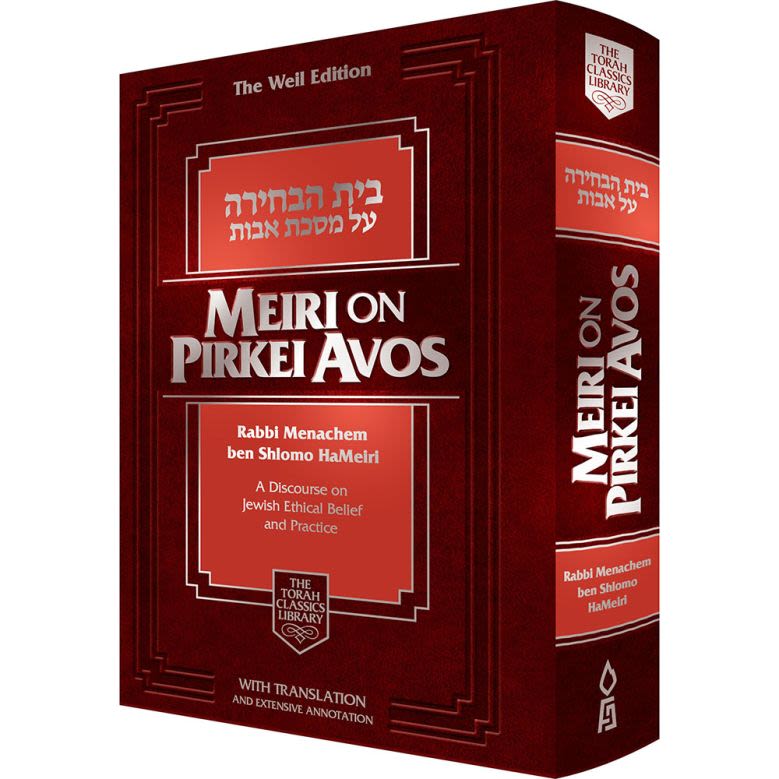
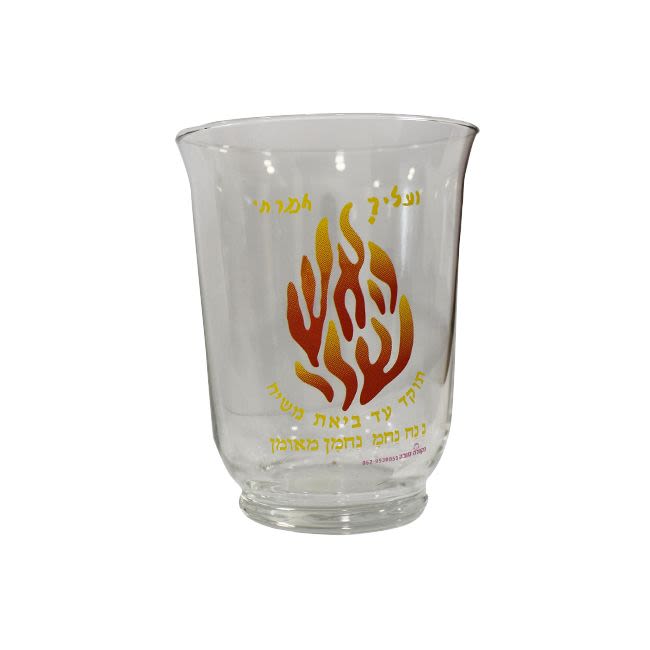
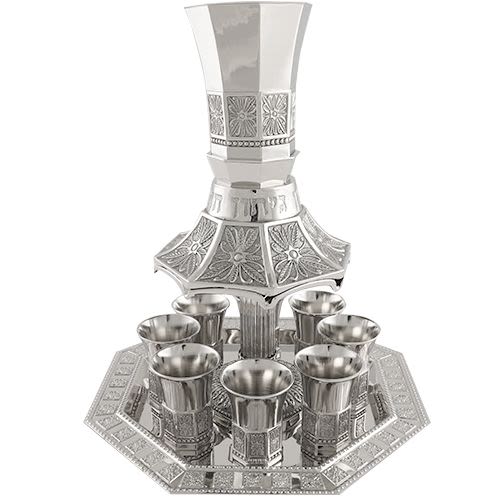
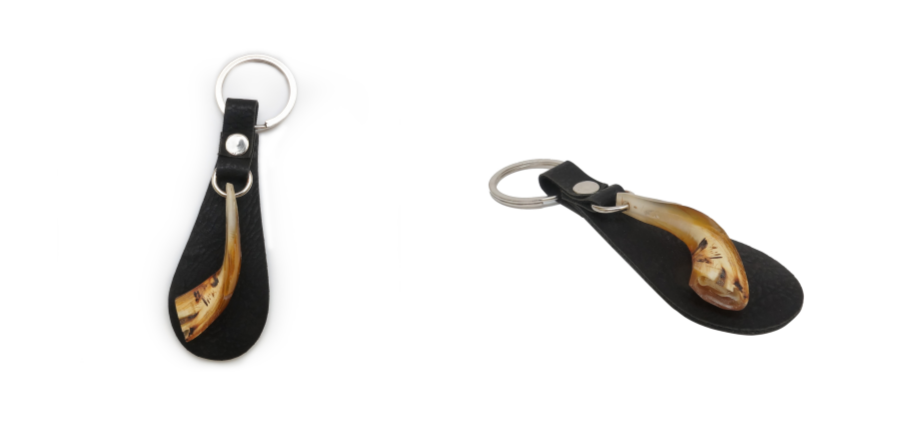
Tell us what you think!
Thank you for your comment!
It will be published after approval by the Editor.